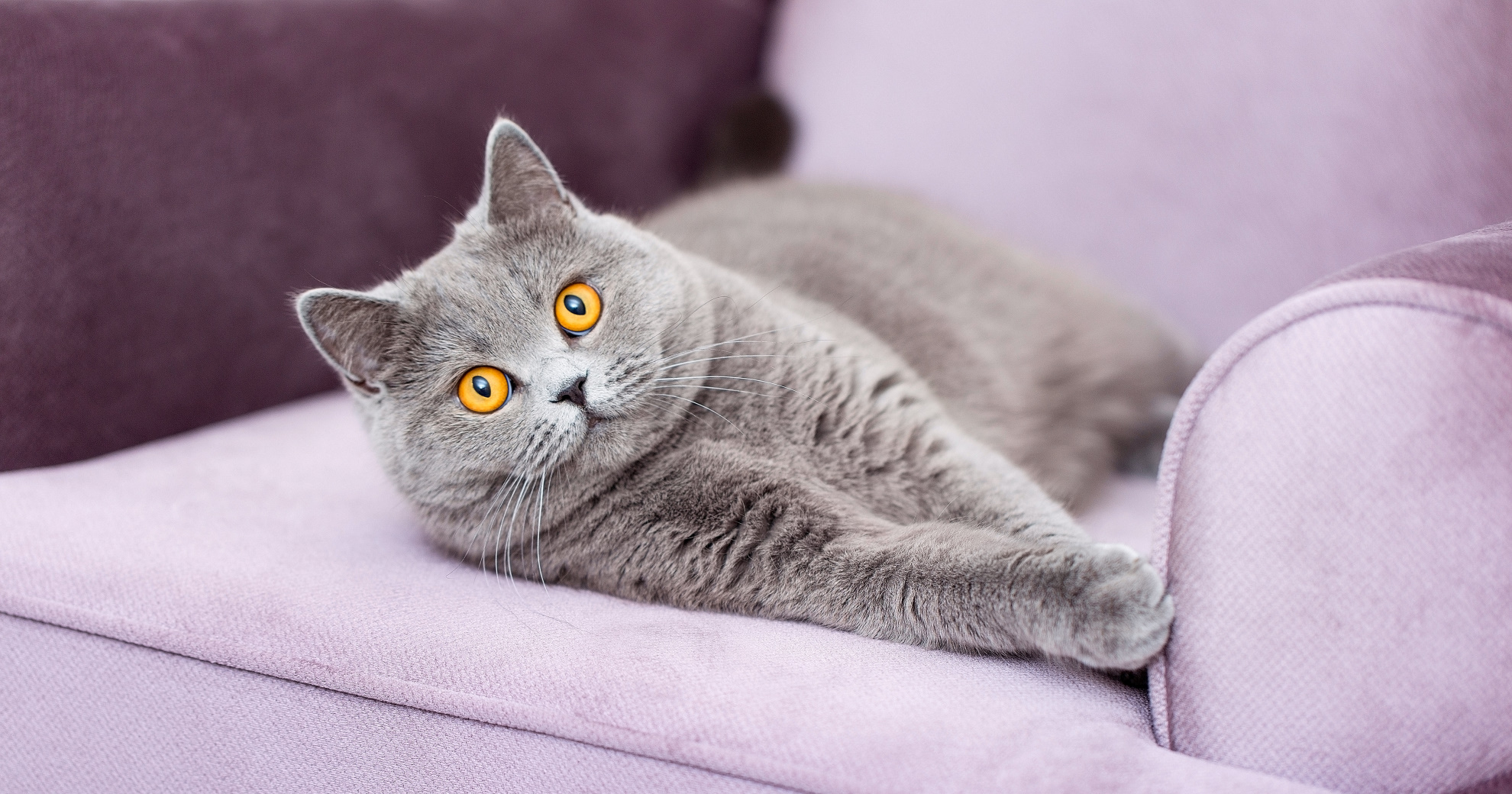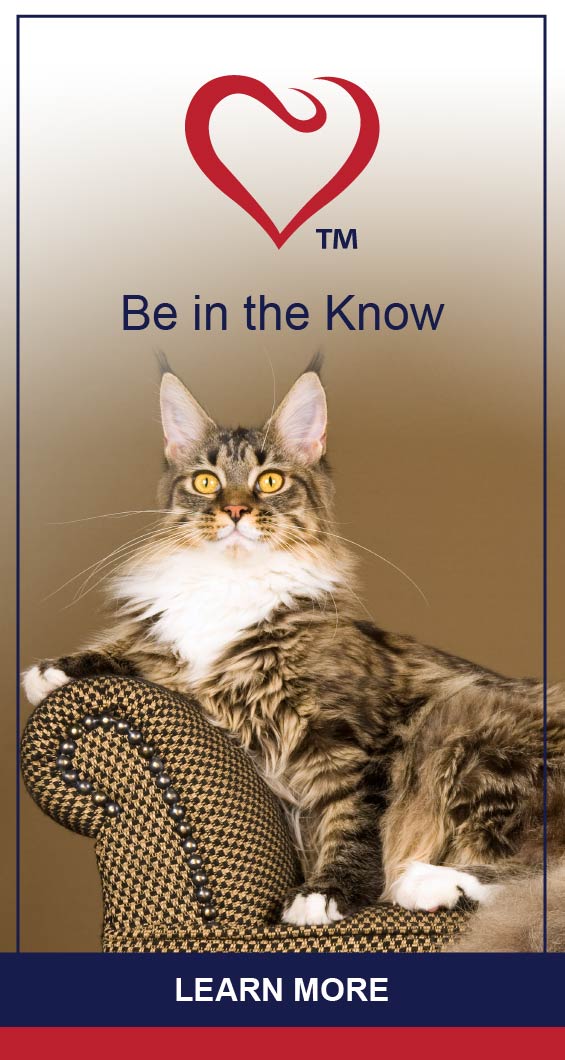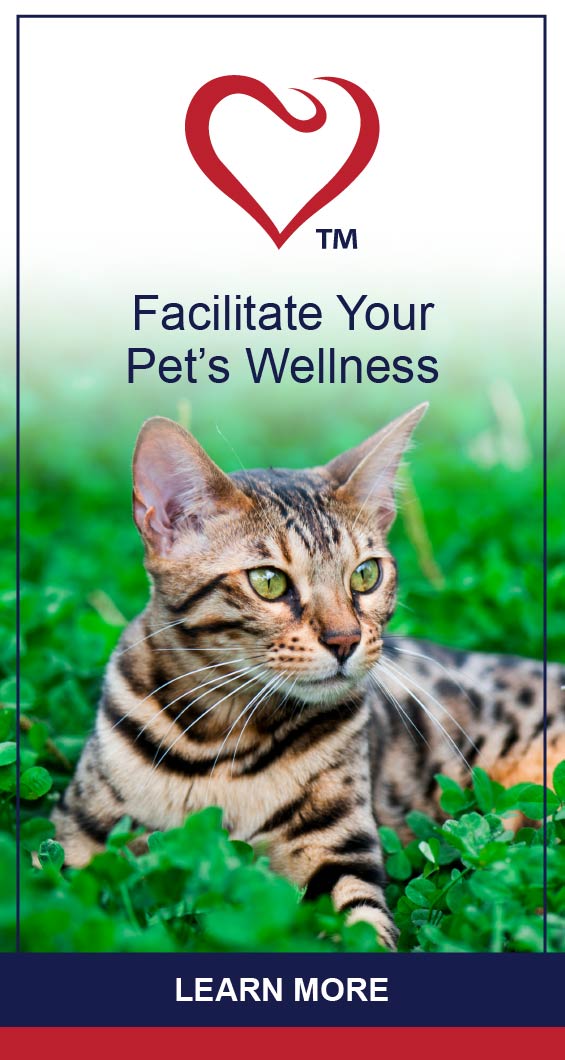LIFESTYLE & MORE

TRENDING

SIGN UP and Start Receiving
Our Monthly Newsletter,
The Chronicles
The Unique Challenges Of Indoor Living For Cats

As responsible cat owners, we cherish our feline companions and strive to provide them with the best care possible.
However, when our beloved cats live exclusively indoors, they encounter unique challenges that require thoughtful consideration. In this section, we delve into these challenges and offer practical solutions to enhance their well-being.
1. Lack of Environmental Stimulation
Challenges:
Cats living indoors often face monotony due to limited exploration opportunities. Without the natural stimuli of the outdoors, they may become restless.
Solutions:
To combat boredom, consider providing interactive toys such as puzzle feeders, laser pointers, and treat-dispensing toys. Additionally, create vertical spaces like cat trees and scratching posts, and place perches near windows for visual stimulation.
2. Sedentary Lifestyle
Challenges:
Indoor cats are prone to obesity due to reduced physical activity. Without the need to hunt for food, they may gain excess weight. Additionally, lack of exercise can lead to weakened muscles.
Solutions:
Engage in daily play sessions with feather wands or toy mice to keep your cat active. Encourage movement by hiding treats around the house, and consider investing in cat wheels or treadmills for extra exercise.
3. Social Isolation
Challenges:
Cats are social creatures, even if they don’t always show it. Indoor cats may feel lonely without regular interaction. In single-cat households, the absence of feline companionship can lead to stress.
Solutions:
Spend quality time petting, talking, and bonding with your cat. If possible, consider adopting a second cat to provide companionship. Visual stimuli, such as cat TV or bird feeders, can also alleviate loneliness.
4. Indoor Air Quality
Challenges:
Indoor air can harbour dust, pollen, and other irritants that affect both humans and cats. Without fresh outdoor breezes, indoor air can become stagnant.
Solutions:
Regular cleaning (vacuuming, dusting, and changing air filters) helps maintain a healthier environment. Consider incorporating indoor plants that improve air quality (ensuring they’re non-toxic to cats), and open windows safely to promote air circulation.
Last word
By understanding and addressing these challenges, you can create a nurturing indoor environment for your beloved feline friend. Remember, your cat relies on you for a happy and healthy life.
Related Articles















